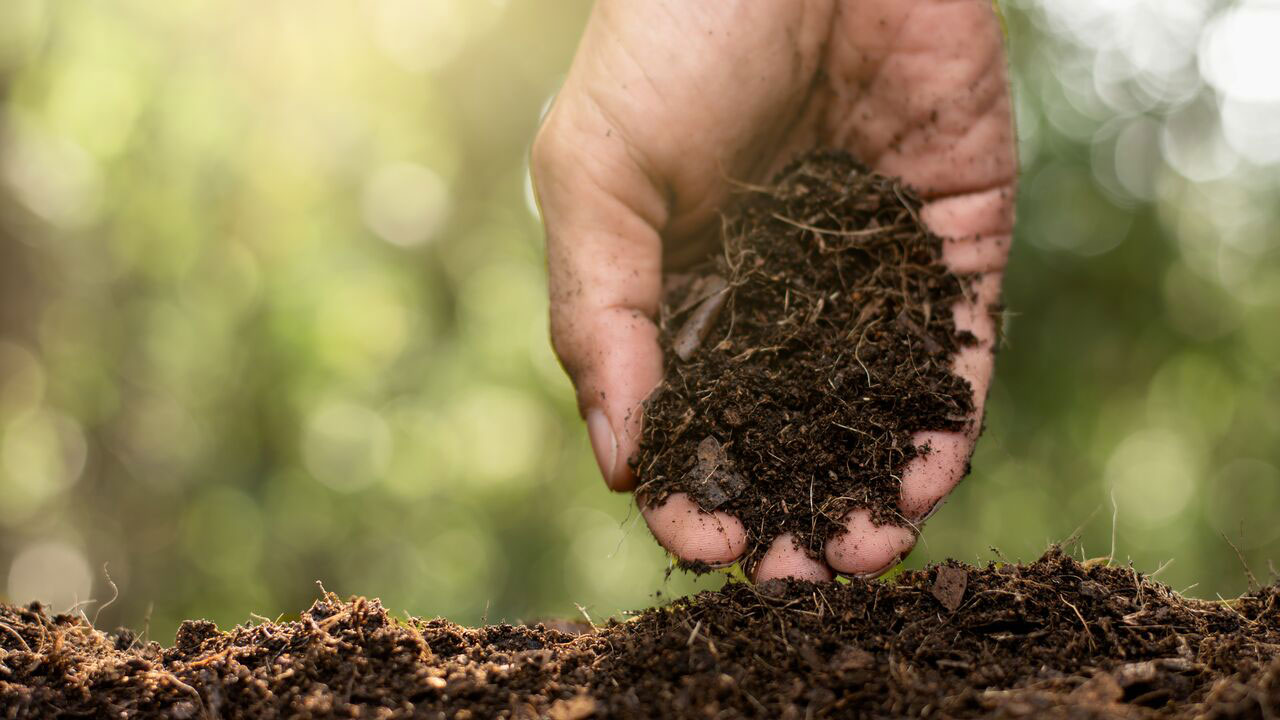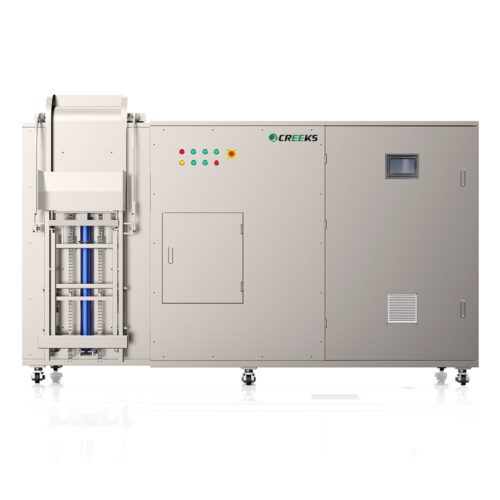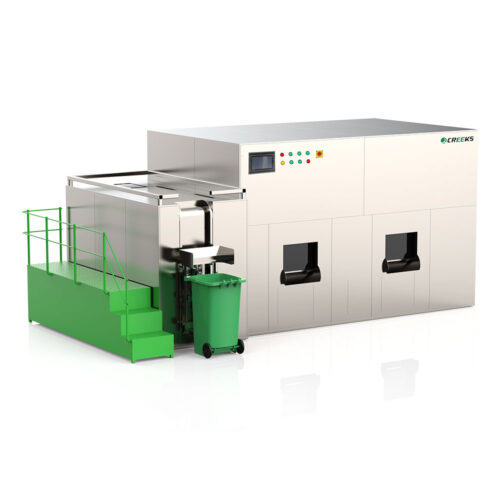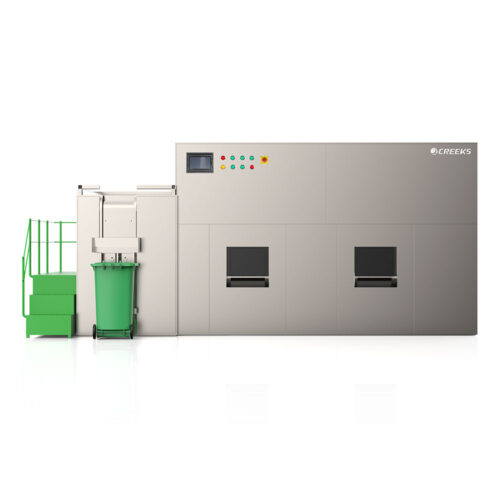Composting, the process of decomposing organic waste into nutrient-rich soil amendments, has long been recognized for its environmental benefits. Recently, community-wide composting programs have gained momentum, offering both economic and ecological advantages. These initiatives transform organic waste into valuable resources, reducing landfill usage, lowering greenhouse gas emissions, and fostering sustainable practices. This article explores the multifaceted benefits of community-wide composting programs and highlights the role of manufacturers like Creeks Composter in facilitating these initiatives.
Economic Benefits of Community-Wide Composting Programs
- Cost Savings on Waste Management: Reduced Landfill Costs: By diverting organic waste from landfills, municipalities can significantly cut down on the expenses associated with waste disposal. Landfill tipping fees, which can be substantial, are minimized as less waste is transported to these sites.
- Lower Collection Costs: Community-wide composting programs often lead to a decrease in the frequency and volume of waste collection. This reduction translates to savings on transportation and labor costs for waste management services.
- Revenue Generation: Sale of Compost: The end product of composting—nutrient-rich compost—can be sold to farmers, gardeners, and landscapers. This creates a revenue stream for municipalities and non-profit organizations running composting programs.
- Job Creation: Composting programs can generate employment opportunities in various roles, from collection and transportation to processing and marketing of compost products.
- Economic Incentives: Grants and Funding: Governments and environmental organizations often provide grants and funding to support composting initiatives. These financial incentives can help offset initial setup costs and promote the expansion of composting programs.
Environmental Benefits of Community-Wide Composting Programs
1. Reduction in Greenhouse Gas Emissions:
Methane Reduction: Organic waste decomposing in landfills produces methane, a potent greenhouse gas. Composting aerobically decomposes organic matter, significantly reducing methane emissions.
Carbon Sequestration: The application of compost to soils enhances carbon sequestration, locking carbon into the soil and mitigating climate change.
2. Waste Reduction and Landfill Diversion:
Decreased Landfill Use: Composting programs divert substantial amounts of organic waste from landfills, conserving landfill space and extending their operational life.
Waste Hierarchy Adherence: These programs align with the waste hierarchy principles, prioritizing waste reduction, reuse, and recycling over disposal.
3. Soil Health and Fertility:
Nutrient-Rich Soil Amendments: Compost enhances soil fertility by adding essential nutrients, improving soil structure, and increasing water retention. This leads to healthier plant growth and reduced need for chemical fertilizers.
Erosion Control: Compost improves soil stability and reduces erosion, protecting waterways from sedimentation and pollution.
4. Water Conservation:
Enhanced Water Retention: Soils amended with compost have better water-holding capacity, reducing the need for frequent irrigation and conserving water resources.
Pollution Mitigation: Compost filters pollutants and improves soil quality, leading to cleaner runoff and reduced contamination of water bodies.

Creeks Equipments: Pioneering Organic Food Waste Composting Machines
Creeks, a leading manufacturer of organic waste composting machines, plays a crucial role in advancing community-wide composting programs. The company’s innovative solutions are designed to efficiently process organic waste, making composting accessible and scalable for communities, businesses, and institutions.
Innovative Technology
Advanced Composting Machines: Creeks offers a range of composting machines that utilize cutting-edge technology to expedite the composting process. These machines are designed for efficiency, ease of use, and minimal environmental impact.
Custom Solutions: The company provides customized composting solutions tailored to the specific needs of communities, ensuring optimal performance and maximum benefits.
Sustainability and Environmental Stewardship
Eco-Friendly Designs: Creeks prioritizes sustainability in its product designs, using durable materials and energy-efficient technologies to minimize the carbon footprint of its machines.
Waste Reduction Initiatives: By promoting the adoption of composting programs, Creeks contributes to global waste reduction efforts, encouraging sustainable waste management practices.
HOUSEHOLD COMPOSTER
COMMERICAL COMPOSTER
COMMERICAL COMPOSTER
INDUSTRIAL COMPOST SYSTEM








